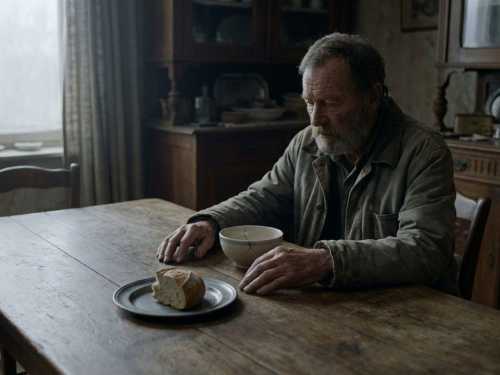
We used to think that the health of older people depends solely on drugs and genetics. But researchers from Flinders University have shown that who we eat with may be just as important as what we eat.
More than just statistics
Scientists have done a colossal job, analyzing 20 studies from 12 countries around the world, covering more than 80,000 older people. The results, published in the scientific journal Appetite, show a clear trend: regular meals alone are often associated with poorer health.
Although it is worth noting that this connection is not absolute (five studies found no negative impact), the overall picture is thought-provoking.
The “tea and cookies” effect
Why does this happen? The authors explain that eating is a powerful social ritual. When a person eats alone, they lose motivation to prepare full meals. Instead of a piece of meat with a side dish and salad, a lonely person is more likely to choose simple snacks – sandwiches or sweets. Appetite decreases, variety on the plate disappears, and this directly affects the emotional state and physical strength.
The threat of “fragility syndrome”
The analysis showed that lonely elderly people are catastrophically lacking protein. And this is the building material for muscles.
The result is not just weight loss, but the development of the so-called senile asthenia. This is a complex condition when a person weakens, loses muscle mass, becomes slow and gets exhausted faster. This is much more dangerous than just “brittle bones”, because the ability to live independently is lost.
A simple solution to a complex problem
The good news is that this risk factor can be modified.
Researchers emphasize that organizing shared meals — whether it's family Sunday dinners or gatherings with friends — can really improve the quality of nutrition and prolong the active lives of our loved ones.






